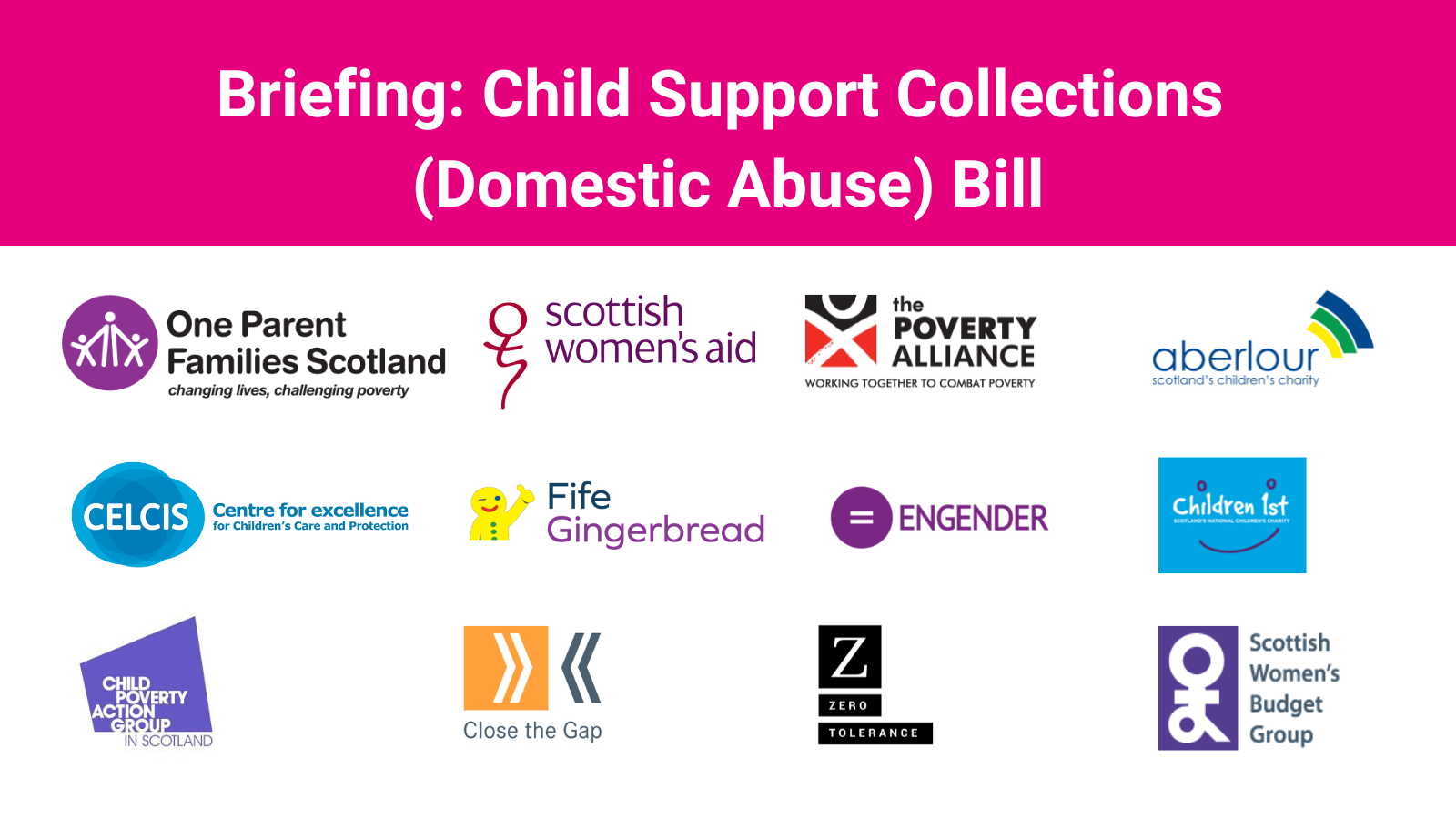This website uses cookies so that we can provide you with the best user experience possible. Cookie information is stored in your browser and performs functions such as recognising you when you return to our website and helping our team to understand which sections of the website you find most interesting and useful.
View Privacy policy
Covering your tracks
You may not want other people to know that you’ve been searching for information or help from OPFS.
When browsing the internet whether on a mobile phone, tablet or computer, you leave a ‘history’ trail of pages and sites you’ve visited.
It’s impossible to completely avoid being tracked online but if you’re worried about someone knowing which sites you’ve been looking at, there are some things you can do to help cover your tracks.
If you’re using a laptop or desktop computer, try keeping another document or website open in a new tab or window while browsing. If someone comes in the room and you don’t want them to see what you’re looking at, you can quickly switch to another window or tab.
Deleting browsing history
You can delete the history of websites you’ve visited, but it’s important to know that if you delete your browsing history, someone else using the same device may notice.
If you share a tablet, mobile phone, laptop or computer with someone, they might notice that passwords or website addresses have disappeared from their history.
Find out how to remove your browsing history and other data from some of the most commonly used browsers:
Browsing in Private mode (incognito)
When browsing ‘incognito’, the internet browser won’t store cookies or record your browsing history on the computer, mobile or tablet.
This option is available on popular web browsers i.e. -
Toolbars
If you use a search toolbar in your web browser, remember that your searched items can be saved as part of your history. Find out how to delete your searched items from the following search engines:
